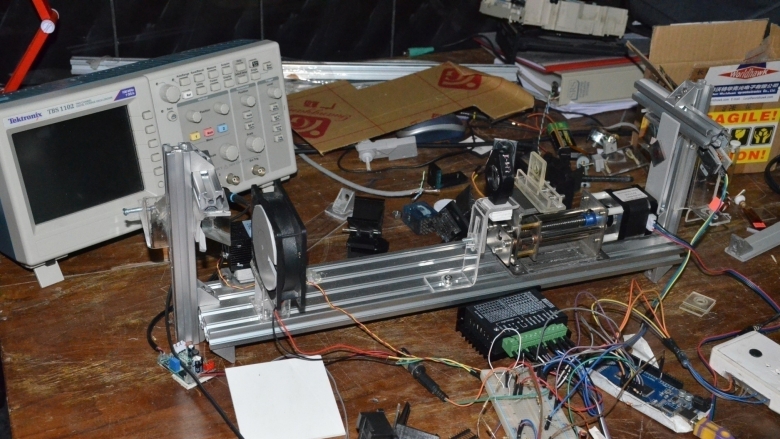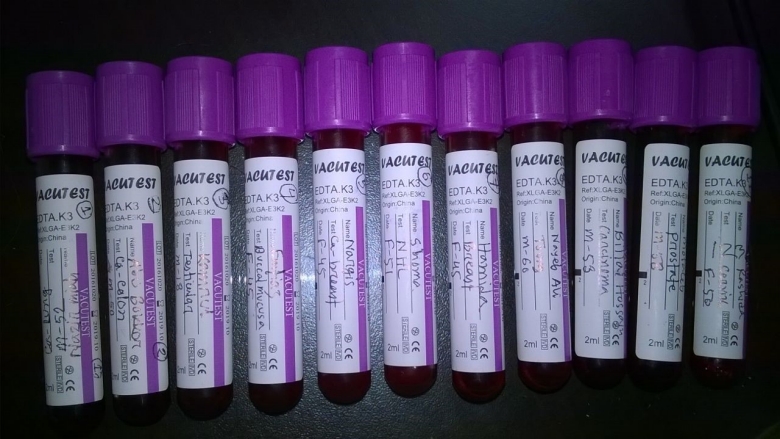Challenge
Bangladesh has nearly 1.5 million cancer patients with 2 million diagnosed each year. Over 90,000 people die every year from cancer. Lung and mouth-throat cancer are the most common in men and breast and cervical cancer are most common for women. Though cancer treatment facilities are available at specialized hospitals, they are often inadequate and too expensive. Diagnosing cancer is especially costly for people from disadvantaged groups. Early, affordable, and time effective diagnosis would drastically improve cancer treatment. With technology at the incubation stage, it would take support from health service providers in the government and non-government institutions, and by industry which would manufacture improved diagnostic devices. Other challenges include dissemination and marketing as new technology is likely to disrupt the existing multi-billion-dollar cancer treatment industry.
Approach
HEQEP helped build an ecosystem linking universities and industries to jointly conduct research. The project generously supported scaling up research capacity in universities and created suitable conditions for scientists to undertake cutting-edge research. At Shahjalal University of Science and Technology, a laboratory with state-of-the-art equipment was established which inspired a group of talented researchers to start looking at practical applications, as well as to analyze the properties of organic, inorganic and biological samples. This led to the use of this technique to identify optical biomarkers in cancerous samples. University researchers partnered with Invent Technologies Ltd. to process blood samples and other materials necessary to conduct the test.

